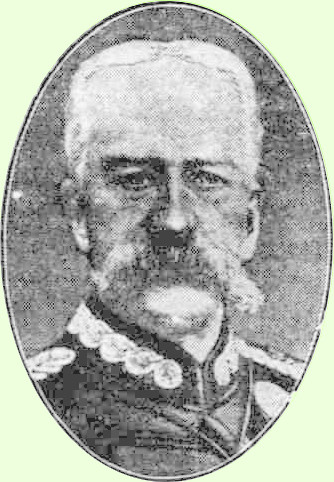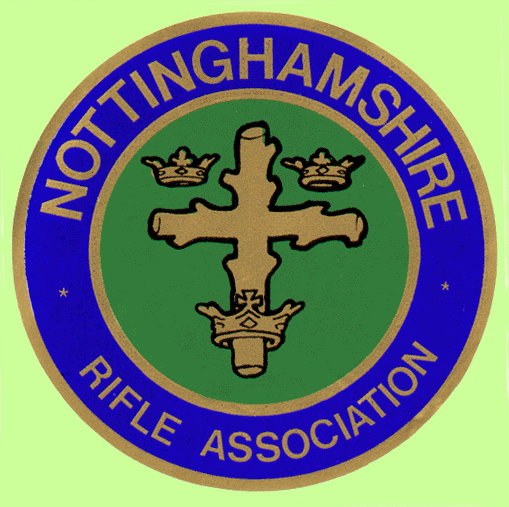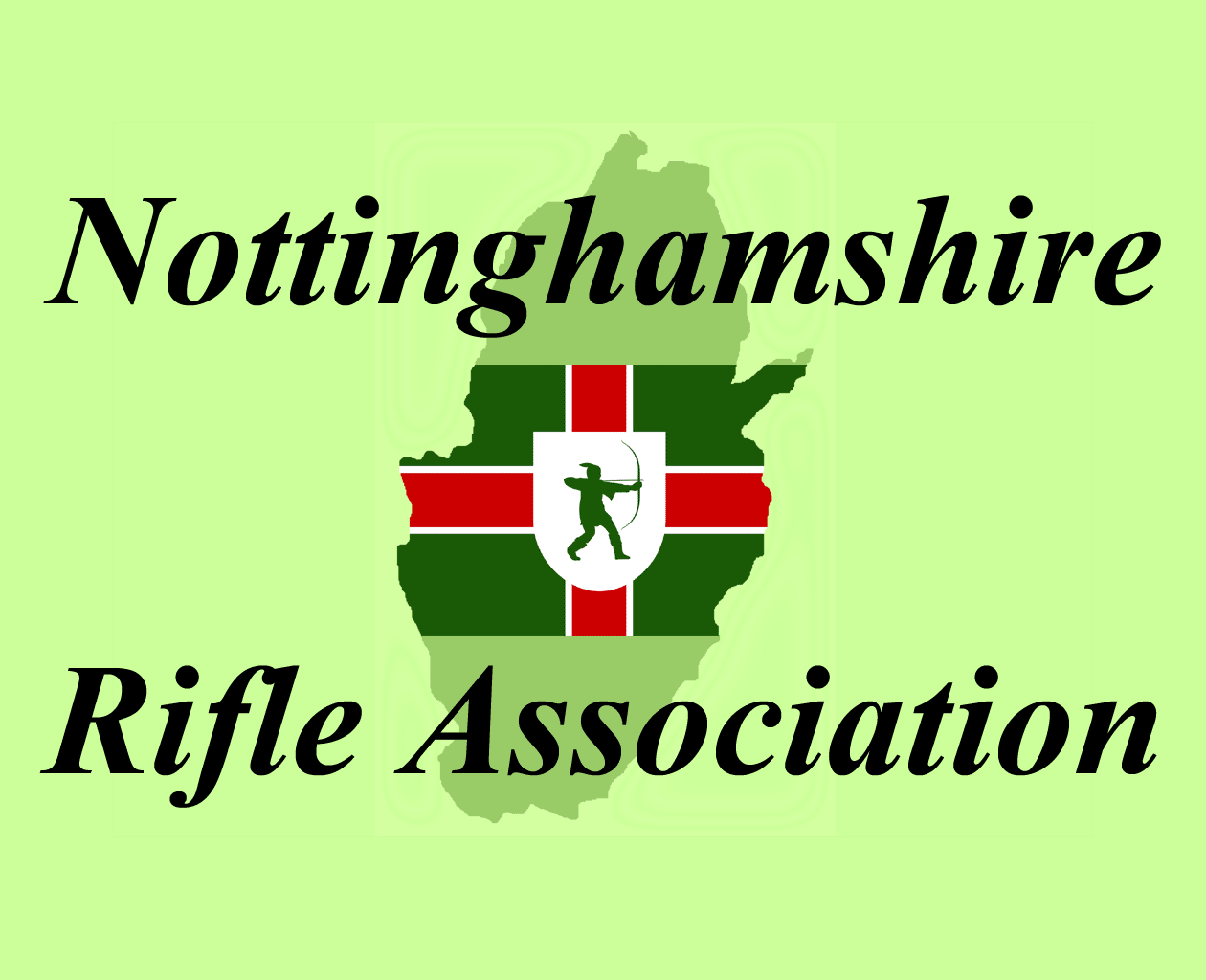The resignation of the Commanding Officer of the Robin Hood Rifles
This year saw the formation of the Territorial Force, created to take over the county volunteer regiments, and form a reserve for the army. The locally raised volunteer regiments were now to be under the direction of the War Office.
The Commanders and Officers of the regiments were asked to transfer to the new Territorial Force and some decided not to follow that course. Colonel A.C. Cantrell-Hubbersty was one of those who chose to resign their position.
The Colonel's resignation was met with surprise and sorrow as he had commanded the Robin Hood Rifles with distinction and success for sixteen years. This review of his career and his possible successor appeared on April 25th, 1908. It included this photograph of the Colonel.

Nottingham Evening Post, Saturday, 25 April 1908.
ROBIN HOOD RIFLES.
RESIGNATION OF COLONEL
CANTRELL-HUBBERSTY.
HIS PROBABLE SUCCESSOR.
As it was officially stated quite recently that Colonel A.C. Cantrell-Hubbersty, V.D., the commanding officer of the Robin Hood Rifles, had yielded to appeals to continue the command of the regiment under the new Territorial Army conditions, it will be a great surprise that the orders of the Territorial Force to-day announce that Colonel Cantrell-Hubbersty is resigning his command of the 7th (Robin Hood) Battalion Nottinghamshire and Derbyshire Regiment.
Col. Cantrell-Hubbersty, who has held the command for 16 years, has been one of the most popular and enthusiastic commanding officers in the Volunteers; under him the Robin Hoods made marked progress and his resignation will be received with very great regret.
Colonel Cantrell-Hubbersty is the second son of the late Mr. Phillip Hubbersty, of Wirksworth, who married Ann Augusta, daughter and sole heiress of the late Mr. W. Cantrell, M.A., of Alveston Field, Derby. He was born in 1843, and was educated at Repton. In 1876 he married Martha Lydie, second daughter of the late Mr. W. Jessop, of Butterley Hall, Derby. His son, Mr. W.P. Cantrell-Hubbersty holds a commission in the 15th King's Hussars. Colonel Cantrell-Hubbersty is a justice of the peace for both Derby and Notts., and is chairman of the Buxton Lime Firms, Ltd., and a director of both the Nottingham Joint Stock Bank and the Digby Colliery Co..
Formerly he was a major and subsequently Hon. Lieutenant-Colonel of the 3rd Battalion Derbyshire Regiment.
It was on June 22nd, 1892, that Colonel Cantrell-Hubbersty took over the command of the Robin Hoods from Colonel Seely, and the record of those 16 years has been a proud one in the history of the regiment. He has been a popular officer in the best sense of the word, and has combined with the maximum of sound military training a good deal of enjoyment for the men. His first camp was at Wainfleet, and the regiment has been indebted to him for many pleasant camps since.
When Colonel Cantrell-Hubbersty took over the command the Robin Hoods consisted of one battalion, but during the stress of the Boer War he was able by means of the enthusiasm of the citizens at that time to increase the regiment to two battalions, and at one time the strength was fully 2,000. Another thing for which the Robin Hoods were greatly indebted to their commanding officer was the provision for their use of the magnificent range at Trent, which is one of the best in the country. At that time the Robin Hoods had no range of their own upon which to fire, and it was largely owing to Colonel Cantrell-Hubbersty's keenness and enthusiasm in the interests of his command that the Trent range was secured.
Another matter deeply affecting the welfare of the regiment, in which Colonel Cantrell-Hubbersty took a great interest was the provision of suitable headquarters, and towards this an excellent site had been obtained. During his control, too, the financial position of the corps had been very greatly improved.
PROBABLE SUCCESSOR.
It is impossible to state definitely as yet who will succeed Colonel Cantrell-Hubbersty in the command of the regiment. We understand, however, that Lieut-Colonel W.H. Pratt and Lieut-Colonel W.H. Blackburn have not signified their intention of joining the Territorial Force, and that Colonel A.W. Brewill has intimated that he will decline to take over the command. The next senior officer in the regiment is Major Charles W. Birkin, who is, we believe, the probable successor to the command.
Major Birkin's first experience of volunteering was in the Rugby School Cadet Company of the 2nd Volunteer Battalion of the Warwickshire Regiment. He joined the Robin Hood Rifles in August, 1890, as a subaltern in the old C Company, which was then commanded by Captain (now Colonel) C.H. Seely, He took his captain's certificate at Wellington Barracks during the following year, and in June, 1892, received his certificate for proficiency as field officer at Chelsea. Major Birkin remained in the same company (afterwards known as C Company of the 1st Battalion) practically all the time, for when Colonel Seely left the Robin Hoods he succeeded to the command, and retained it until promoted to be Major in the Second Battalion, shortly after the termination of the South African War.
Major Charles W. Birkin assumed command of the Robin Hoods on 15th May 1908.
Nottingham Evening Post, Saturday, 16 May 1908
ITEMS OF LOCAL INTEREST
Major C.W. Birkin assumed provisional command of the 7th (Robin Hoods) Battalion Notts. And Derbyshire Regiment yesterday.
Amongst Territorial Force appointments gazetted yesterday were Earl Manvers to command an infantry brigade, and Captain A.S. Adkins (4th Battalion Notts. and Derby Regiment) to be brigade-major.
Transcripts from Nottingham Evening Post 1908
British Library Newspaper Archive

